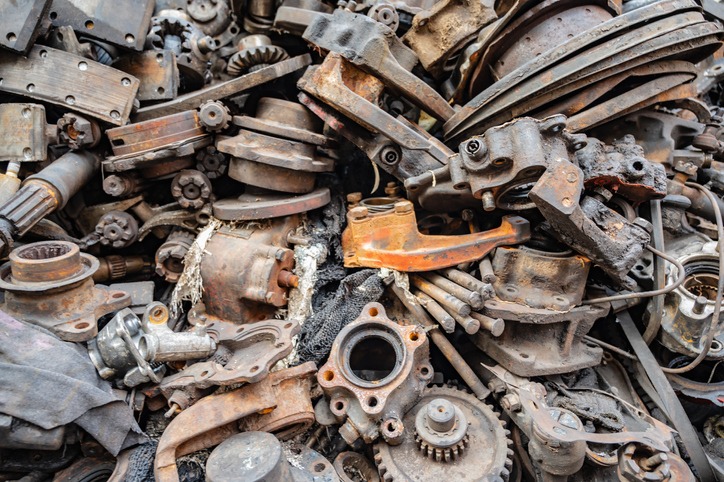Have you ever wondered what happens to your old, unused, or damaged car when you decide to get rid of it? The process might seem straightforward—call a junk car removal company, and they’ll take it away. However, behind this seemingly simple transaction lies a complex business model that involves various factors contributing to the company’s revenue. In this blog post, we will delve into how companies make money off buying your junk car, shedding light on the intricacies of the junk car removal industry and the sustainable practices that drive their profitability.
The Junk Car Removal Process
1. Vehicle Evaluation and Valuation
When you contact a junk car removal company, they begin by evaluating the condition, make, model, and age of your vehicle. This assessment helps them determine the salvage value of the car. Salvage value refers to the worth of a vehicle’s components and materials, considering its state of disrepair. Even though your car might be considered a “junk” vehicle, it still contains valuable components and metals that can be recycled or repurposed.
2. Recycling and Salvage Yards
Companies that offer junk car removal are often closely tied to recycling and salvage yards. Once they assess the salvage value of your car, they’ll either transport it to a salvage yard themselves or work with partnering yards. Salvage yards are essential in the process because they dismantle vehicles, extract valuable components, and segregate materials like metal, plastic, and glass for recycling.
Revenue Streams for Junk Car Removal Companies
1. Reselling Salvaged Components
One primary revenue stream for junk car removal companies comes from reselling salvaged components. Valuable parts such as engines, transmissions, alternators, and catalytic converters can be refurbished and sold as replacements for other vehicles. These components are often in demand among vehicle owners looking for cost-effective repairs.
2. Metal Recycling
The metal components of junk cars, including the body, frame, and various parts, contain valuable metals such as steel, aluminum, and copper. These metals can be recycled and sold to manufacturers who use them to create new products. Metal recycling not only generates revenue for junk car removal companies but also contributes to the sustainability of the industry by reducing the need for mining and the production of new raw materials.
3. Environmental Regulations and Incentives
In many regions, environmental regulations require proper disposal and recycling of end-of-life vehicles. Junk car removal companies adhere to these regulations, and sometimes they receive incentives or subsidies for their eco-friendly practices. These incentives can help offset operational costs and contribute to their revenue.
Eco-Friendly Practices and Sustainability
1. Reducing Landfill Waste
One of the significant benefits of the junk car removal industry is its contribution to reducing landfill waste. Instead of leaving old vehicles to deteriorate in junkyards or landfills, companies dismantle the cars and recycle or repurpose the materials. This process prevents the release of harmful chemicals and substances into the environment and minimizes the overall waste footprint.
2. Conservation of Resources
The recycling and salvage practices of the junk car removal industry contribute to the conservation of natural resources. By reusing salvaged components and recycling metals, the industry reduces the demand for new materials and the energy-intensive processes required to extract and produce them.
Conclusion
The business of buying and removing junk cars involves a multifaceted approach that encompasses vehicle evaluation, salvage yards, recycling, and environmentally friendly practices. Junk car removal companies generate revenue through reselling salvaged components and recycling valuable metals, while also contributing to a more sustainable and eco-friendly approach to managing end-of-life vehicles. By understanding the intricacies of this industry, you gain insight into how these companies make money while playing a crucial role in environmental conservation.
Beyond their financial success, these companies are champions of responsible resource management. They help reduce the strain on our planet’s resources by giving a second life to components that might otherwise end up in landfills. Additionally, their recycling efforts play a pivotal role in curbing the demand for raw materials, thereby lessening the environmental impact of resource extraction and production.
So, the next time you decide to part ways with your old car, remember that it’s not just a transaction; it’s a process that supports a sustainable cycle of reuse, recycling, and resource conservation. Through their work, junk car removal companies are not only making money, but they’re also making a positive impact on our planet’s health and longevity. By choosing their services, you contribute to a greener future while bidding farewell to your old vehicle in a responsible and environmentally conscious manner.

